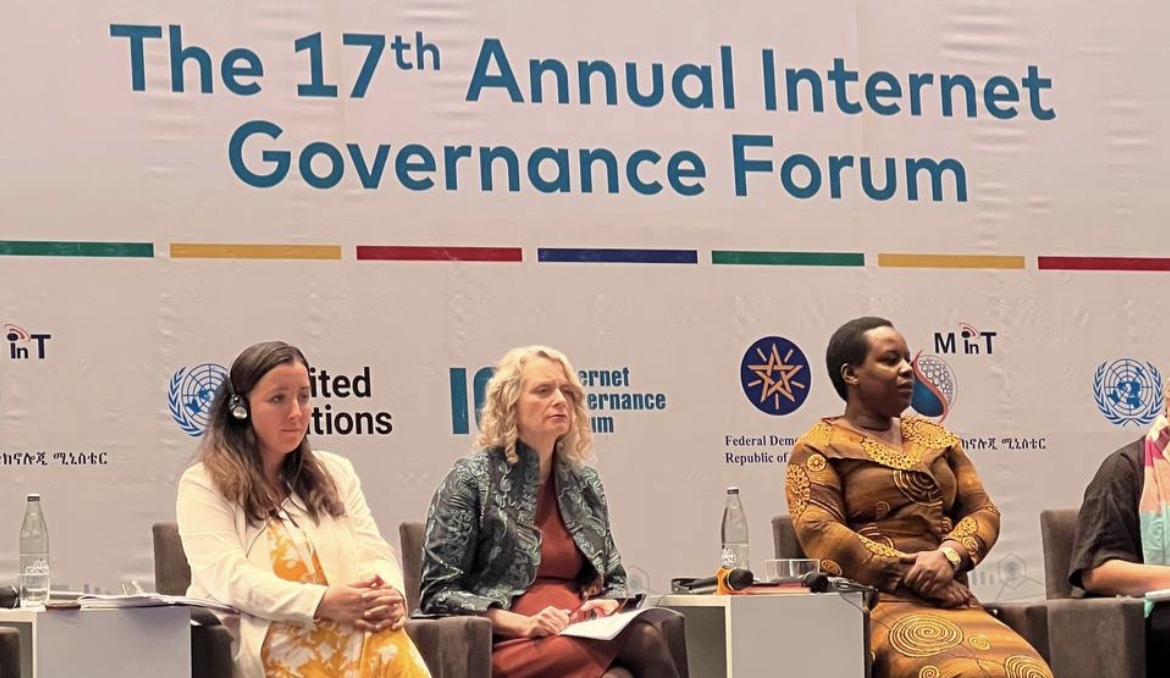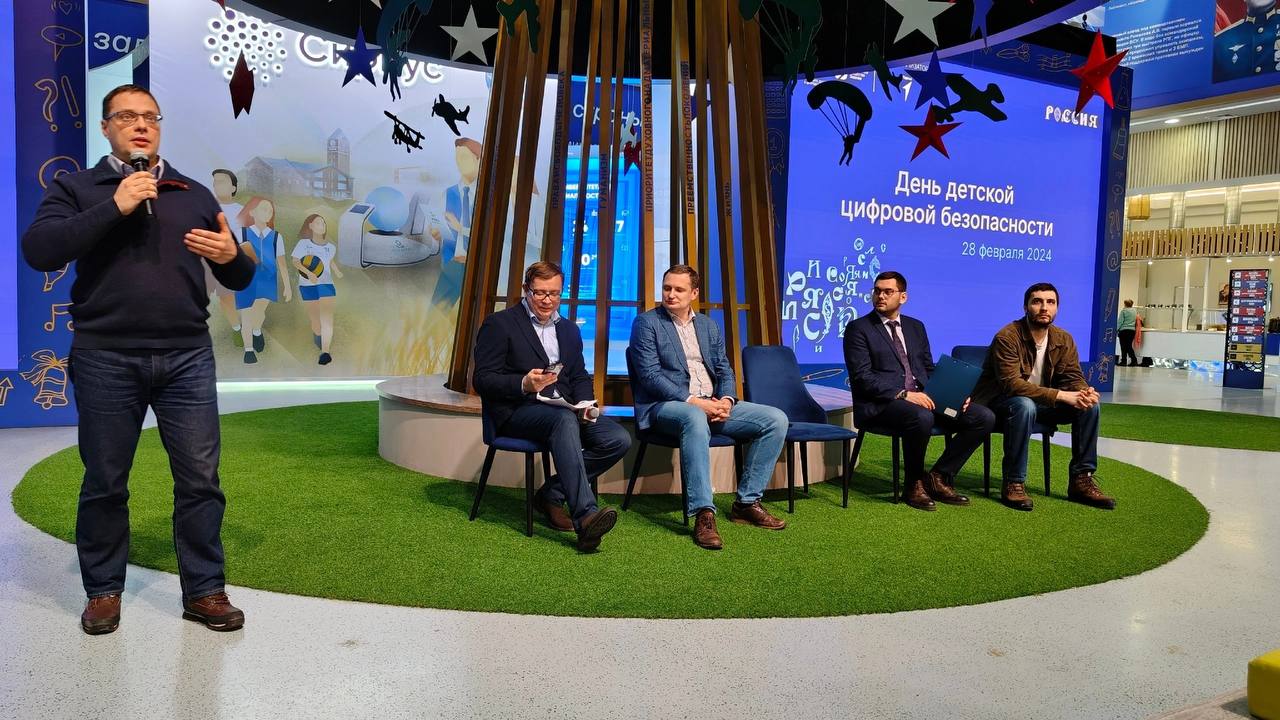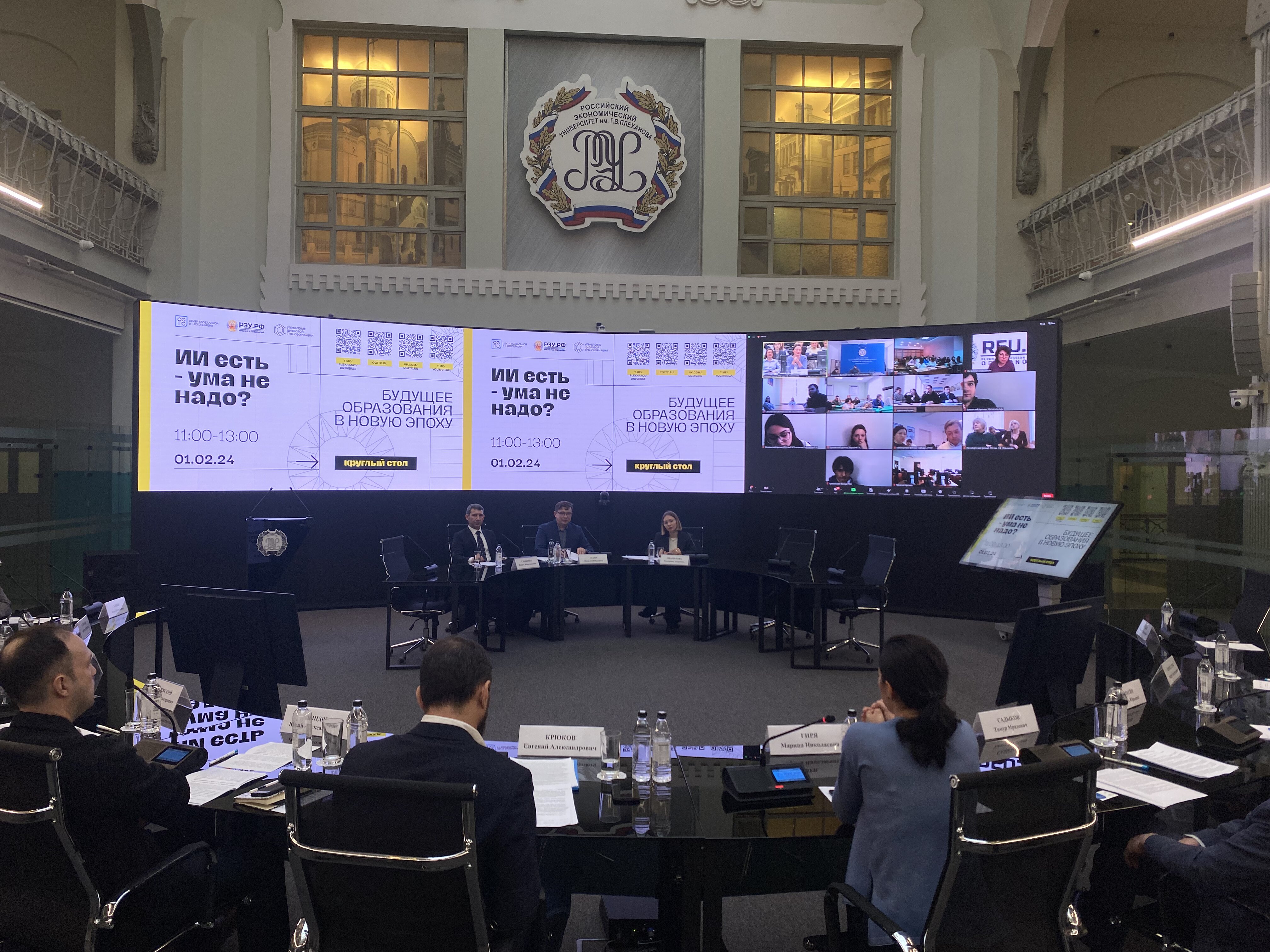On the 1st of December, the main session of the Forum was dedicated to Internet security. Anastasia Kazakova, Senior Public Affairs Manager at Kaspersky, took part in this session. Increasing security risks in the global Network have led to the development of cybercapacity, i.e. the mobilization of technological, strategic and economic resources. Some countries have advanced in creating national mechanisms to respond to these threats, for example by adopting data protection laws, forming national Computer Security Incident Response Teams (CSIRTs), starting a national cybersecurity strategy, and stimulating investments in R&D for cybersecurity and digital technologies. However, not all countries can boast such successes in the field of cybersecurity, so the main question is: how to secure the Internet?
Anastasia Kazakova noted that recently there had been more cyber threats, but even in such a difficult geopolitical situation, companies specializing in cybersecurity were trying to share their experience and maintain ties. In particular, thanks to the specifics of this sphere as it is, where time is one of the basic principles of an effective work and a search for new problem solutions.
The same day included the main session on connecting all people and safeguarding human rights. Elizaveta Belyakova, the Chairman of the Alliance for the Protection of Children in the Digital Environment, took part in the discussion. She spoke about the projects implemented by the Alliance for the Protection of Children in the Digital Environment since its founding in September last year. It means the creation of a new “soft law” instrument - the “Digital Ethics of Childhood” charter, which has been supported by more than 12,000 organizations. The pilot version launched a joint product of IT companies, which is a single hashing data base that automates the detection and removal of illegal content. Members of the Alliance held more than 20 events aimed at increasing the digital literacy of children, parents and teachers, adapted programs on children's television and radio channels, launched the "Digital Trust" platform, where children, teenagers and adults can learn how to act when faced with online threat. Next year, as explained by Elizaveta, the Alliance plans to start educational courses for teachers and an online training course on digital skills for children with special needs, educational tours in several regions of Russia and other activities.
“Responsibility for the future generation has managed to unite a variety of Russian companies in the field of IT development, content production, mobile operators,” said Elizaveta Belyakova. — Our Alliance has been working for more than a year and is based on the corporate social responsibility principles, which are in line with the UN Global Compact. We are always open to international cooperation, exchange of experience and best practices. We need to unite our efforts in the face of common cyber risks in future. Because children can't be “them”. Because children are always "us".
In addition, today's session also included discussion on "Declaration for the Future of the Internet". The document was initiated by the United States and signed by 55 countries in April this year (however, the declaration is open to more countries). The signatories shall "promote a free, open, global, interoperable, reliable and secure" Internet for the whole world. Among those principles are safeguarding of human rights and freedoms, the promotion of a global Internet with a free flow of information, the development of inclusive and accessible connection, the promotion of trust in the global digital ecosystem, including due to privacy protection and cyber-terrorism response, as well as the stabilization of a multi-stakeholder approach to Internet governance. As always beautiful on paper, but not entirely clear how it will work in real life.
"The authors of the "Declaration for the Future of the Internet", i.e. the United States and its allies, are determined and will try to gain support of those countries that initially do not see any sense in this document, and these are, first of all, the BRICS countries. As the matter of fact, it arrogantly divides the countries into “good” and “bad”. At the same time, the supporters of the Declaration did not manage to give a clear answer to the direct question on how the Declaration will correlate with the initiative of the UN Secretary General to create a Global Digital Compact,” shared Vadim Glushchenko, the director of the Center for Global IT Cooperation.
The XVII Internet Governance Forum is held in Addis Ababa (Ethiopia) from November 28 to December 2. The main theme and motto of the event – "Resilient Internet" – is a sustainable Internet for a common future, capable of withstanding any global difficulties and continuing to connect people in all parts of the world.





